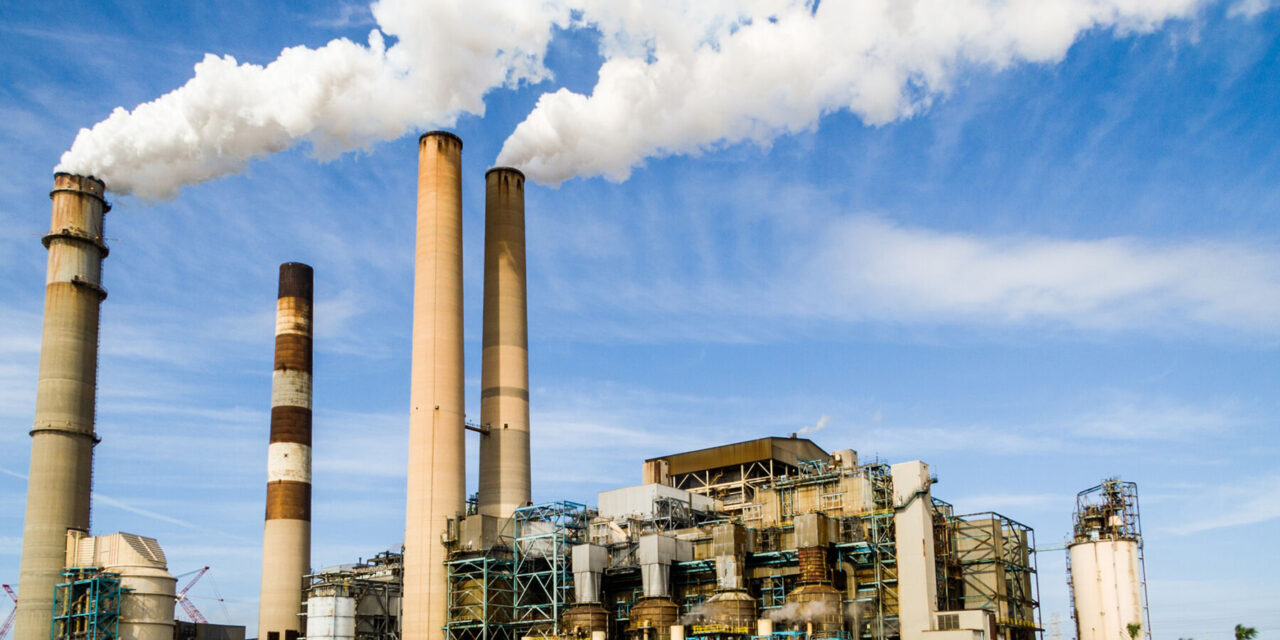New Eurostat figures found that Ireland had the third-biggest increase in EU greenhouse gas emissions among EU bloc member states, according to its latest statistics.
Among the members with the biggest rise in emissions in the first quarter of 2022 compared with the first quarter of 2021 were Bulgaria (+38 per cent), Malta (+21 per cent) and Ireland (+20 per cent).
The Netherlands (-9 per cent) and Finland (-1 per cent) were the only member states that registered a decrease in emissions in the same comparison period.
Tánaiste and Minister for Enterprise, Trade and Employment, Leo Varadkar, has said Ireland can still meet the carbon emissions reduction targets in the Government’s Climate Action Plan.
Also commenting, Chris Collins, Country President at Schneider Electric, Ireland, said it is “alarming” that Ireland’s emissions continue to rise despite the warnings and data and global recognition that urgent action needs to be taken to help combat climate change.
“We now have less than eight years to hit targets in line with global efforts to limit global warming to 1.5°C,” Mr Collins said. “If we play our part, we have a lot of catching up to do. In fact, Ireland needs more significant cuts to stay within the legal limits.
“Energy efficiency might sound like an outworn concept but it’s one of the fastest-growing ways to cut carbon emissions and save the planet.
“With consumers increasingly expecting companies to prove what difference their sustainability efforts make, it’s becoming harder for companies to hide behind words and commitments alone. Measuring the scope 1, 2 and 3 emissions of Ireland’s businesses is a crucial place to start. Still, unfortunately, our latest research shows that only 28 per cent of key decision-makers in Ireland have mapped these out.”
Mr Collins said the opportunity to make a positive impact through energy efficiency is “mind-blowing”. There is plenty of technology around to help, from electric fleet vehicles to digital technologies that make electricity usage more visible, connected, controlled and smart – cutting waste.
He said: “Digital connectivity will enable the all-electric towns and cities of the future and the decentralised and decarbonised grid that serves them.”





